
Improve Student Musicianship with the Performance Ensemble Bundle from MusicFirst
If you’re like most ensemble directors that I know, you’re constantly juggling rehearsal schedules, individual assessments, repertoire planning, and trying to find time to actually teach music. It's a lot. And let’s be honest—some of the tools that are being used for ensembles focus on only one thing - playing or singing the right note at the right time. We all know that developing young musicians is WAY more than that. That’s where the MusicFirst Performance Ensemble Bundle comes in. It’s designed specifically for band, orchestra, and choir directors who want to bring the best out of their students—without adding more to their plate. It includes five incredible software titles and a HUGE library of both curricular content as well as over 33,000 interactive pieces in our revolutionary performance assessment software (that works beautifully for voice as well as almost every instrument (including piano and guitar). At $14/seat/year - you get a complete comprehensive suite of everything you need to improve the musicianship skills of the students in your ensembles.

The Future is Here: Introducing ThinkMusic
MusicFirst, the company that has been revolutionized music education over the past 13 years, is proud to be right at the cutting edge of technology integration once again. Inspired by the Think System made famous by Professor Harold Hill in the musical The Music Man, we are releasing an AI-powered product today called thinkmusic. After 3 years of designing and testing, the thinkmusic product will radically transform music education for the better. If you need a reminder of the Think System in action, here’s a clip from the 1962 film adaptation of The Music Man starring Robert Preston:

New MusicFirst Classroom Course: OGenPlus Plug & Play
We’re excited to share that a brand-new course has launched on the MusicFirst Classroom platform called OGenPlus Plug & Play! This course provides 20 comprehensive lesson plans and over 60 projects that use our exciting music creation software, OGenPlus. The course, designed by one of the creators of the software, Marcel Pusey along with the MusicFirst Head of Content - Marjorie LoPresti, is designed to inspire creativity and empower students with hands-on music technology experience, this course is a must-see for music educators and students alike. The course can be used either completely on it’s own (it would take at least a marking period to do everything in it), or you can select some of the lessons and projects from it to make a unit within a class you already teach. Here’s a quick preview of one of the projects and how it works:
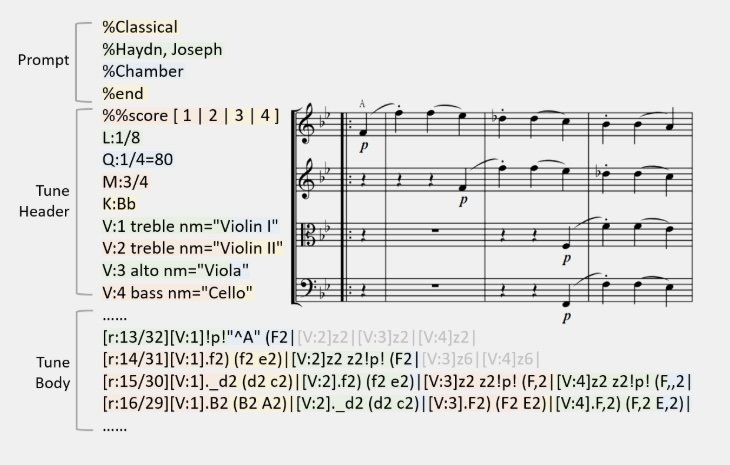
Generative AI & Music Notation - It’s Here.
By now you are probably familiar with Generative AI apps, specifically for music, and how they are slowly being introduced to the music classroom. Tools like PracticeFirst, Sight Reading Factory, and Moises.ai are already reshaping how we approach practice, assessment, and ensemble preparation. For the past two years, music educators who have attended my talks on Generative AI have asked me about tools that might generate music notation, and until very recently, I haven’t been able to point them to anything. Recently however, a new tool called NotaGen came up in my LinkedIn feed that promised to do just that. Created by a group of While it is still in its infancy, it is really impressive. NotaGen is a web-based generative AI tool designed to create musical notation automatically based on user input and parameters. Think of it as ChatGPT meets Flat or Sibelius. With just a few clicks and prompts, NotaGen can generate original sheet music, complete with customizable instrumentation, time signatures, key signatures, and more. Even better, it outputs music notation directly in SVG format, making it easy to embed and share. Pretty cool. Here is a sample composition for orchestra created by this new tool:

Why I Think MusicFirst is the Best Option for Music Educators
As music educators, we all share the same goals: to inspire our students, to foster musical growth, and to make the most of the time we have with them. In today’s classrooms, where technology plays an increasingly important role, finding the right digital tools can be a game-changer. The challenge is sorting through countless options to find a solution that truly understands the unique needs of music education. That’s where MusicFirst comes in—and why so many teachers around the world trust it as their go-to platform.
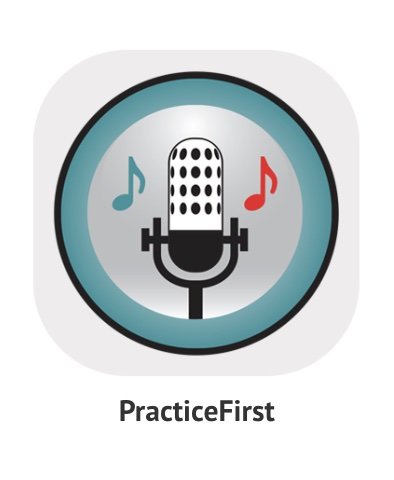
Does Accuracy Matter in Performance Assessment Software? It Should!
The idea of software judging a student's musicality can be unsettling, especially for younger students. Music is an art form, but when students start to learn an instrument, it may not exactly sound like it. It takes practice, and in my opinion, encouraging students to practice consistently is both the biggest challenge and the biggest ingredient for success. The thought of a program assigning a score to a student’s performance might seem limiting or even discouraging. However, in the reality of today’s music classrooms, where teachers often have over a hundred students in a performance ensemble, providing individualized, meaningful feedback without the help of technology is nearly impossible. This raises an essential question: Does the accuracy of performance assessment software matter?
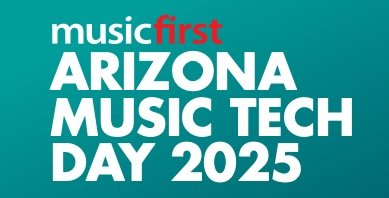
Arizona Music Tech Day Recap
Yesterday, Saturday, February 22, 2025, MusicFirst hosted a free professional development event at the incredible Musical Instrument Museum in Phoenix, Arizona. It was a completely FREE event and we had over 50 music teachers from around the state join us for a full day of high quality PD delivered by local music educators who use MusicFirst products in their classroom, as well as Jaye Mateyko and I. It was an incredible day, and I am SO proud of the MusicFirst team, including Jaye Mateyko, Natalia Buitrago, and Matt Ferry. Here was the schedule of events for the day:
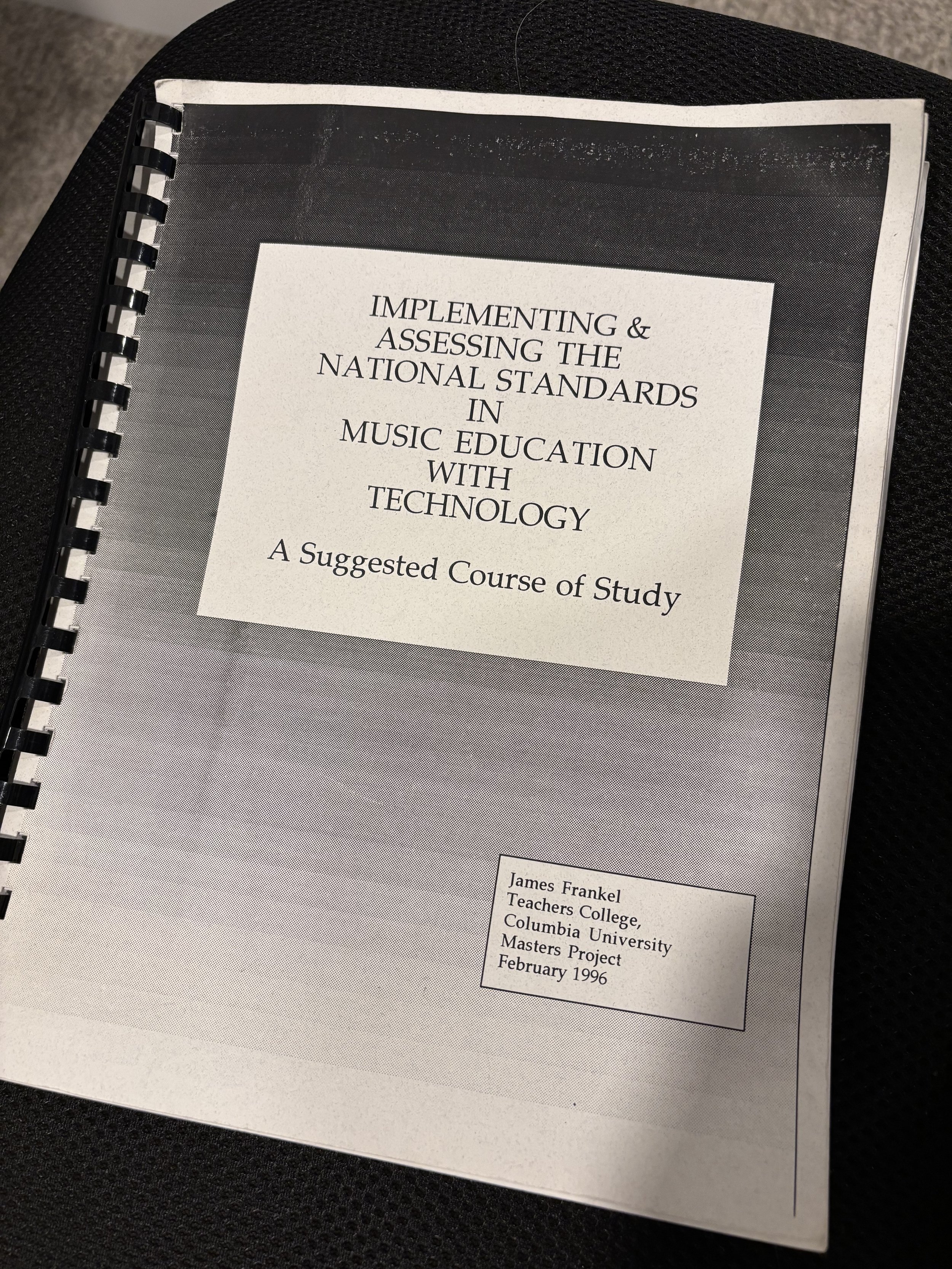
From an Assignment to a Company
Nearly 30 years ago, I turned in my Masters Project at Teachers College, Columbia University to Dr. Lee Pogonowski - my advisor - as part of the requirements for graduating with a Masters Degree. I spent over a year on the project, which focused on how to implement and assess the National Standards in Music Education with technology. What I did was write a lesson plan and an assessment for every National Standard and its sub-standards, for elementary, middle and high school - over 60 lesson plans and assessments. Little did I know then that almost 30 years later that project would become the seed idea for the company that I founded, MusicFirst. Even though I was in the digital dark ages when I worked on the project (you couldn’t record more than 30 seconds of audio into a computer without extremely expensive equipment), I knew that when used as an enhancement to teaching and learning and an archive of assessment data, technology in music education was a very important part of its future.

YuStudio Launches a Sampler - and it’s AWESOME
YuStudio - an online digital audio workstation created by the team at Charanga (a sister company of MusicFirst) is a very powerful music creation tool, and the only one that allows students to incorporate video into their projects). They recently announced a new Sampler tool, and it is really cool. A Sampler is an instrument that allows you to record any audio, and then manipulate that audio to play it as an instrument. When I was a young synthesizer enthusiast, this was one of the dream features for any keyboard - like the legendary Casio SK-1 from the mid-1980s. There are SO many possibilities for students when utilizing a sampler - many are just a lot of fun (like recording your own voice and then playing a song with that sample). The sampler in YuStudio has three main modes: Pitched instrument, One-shot Kit and Sliced Loop Kit. The Pitched Instrument mode is when a single sound is loaded or recorded, and is pitched across the keyboard’s octaves. This allows you to play the sound like a traditional instrument. The One-shot mode allows the user to load or record up to 48 different sounds and then assign each of them to a pad or key on the keyboard. This allows you to build kits of sounds you like, creating drum kits, sets of sound effects, or anything you desire. Finally, the Sliced mode is when a single sound is loaded or recorded, and is automatically split into up to slices, each slice being assigned to a pad. What follows is an overview of each.
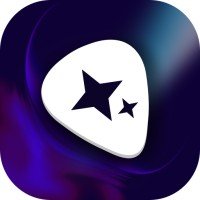
Meet Riffusion: A Free AI Music Creation Tool
I have spent the last year speaking with music educators about AI and its potential impact on music education. I always feature AI-powered digital audio workstations like Udio and Suno in my presentations because I believe they best demonstrate not only how powerful they are, but also the issues surrounding copyright adn the data that these tools have been trained on without compensating the artists. I came across a review of another one of these tools called Riffusion, and I have to say, I’m really impressed. Riffusion is a web-based AI tool that generates music from text prompts, but unlike Udio and Suno, which require paid accounts to make full length songs, Riffusion is 100% free and generates complete songs - and they’re really good. I’ll start by sharing a song that I generated based on the following prompt: “Create a jam band tune about snowing in Vermont.” I’m currently snowed in at my house in Vermont and thought this would be fun. Here is what it generated, titled Lost in the White:

US Copyright Office Issues Second Report on AI
The U.S. Copyright Office just released the second part of its Report on Copyright and Artificial Intelligence, and it has some big takeaways for musicians and composers working with AI. The main takeaway? Copyright still belongs to humans, not machines. While AI can be a very helpful (and often scary) tool in the creative process, it can’t replace human originality when it comes to copyright protection. If a piece of music is entirely AI-generated with no real human input, it won’t qualify for copyright. But if a composer uses AI as part of their creative process—shaping, editing, or adding their own original touch—that human contribution can be protected. This is an important report that should help guide students in understanding where the legal lines are drawn. AI can be a great tool for inspiration or assistance, but students need to make sure they’re actively involved in shaping the final product. Encouraging them to think critically about their creative choices, rather than just relying on AI to generate ideas, will not only help them understand what is an original work and what isn’t, but also help them grow as musicians.

OMEA 2025 Recap
I was in Cleveland, Ohio this past week on behalf of MusicFirst, presenting sessions and waving the flag with an amazing group of teachers, and one of TI:ME’s list of conferences this season. I’ve been going to OMEA for almost 20 years now, and it’s always a great event. Lots of engaged music educators and many, many sessions by some of the industry’s best presenters. This year, I presented two sessions: AI Is Coming, But Not For Your Job, and Modern Band: What, Where, Why & How. I was joined by my colleagues Mike Olander and Joanna Mangona, who presented sessions on MusicFirst Elementary and First Steps in Digital Technology. We had LOTS of interest in the MusicFirst booth - a mix of current customers and many folks looking for curriculum and software to help enhance their music programs. I’m back home now, getting ready for the largest conference of the season (TMEA), but I look forward to returning to OMEA next year. Here are some photos of my adventures in Cleveland.
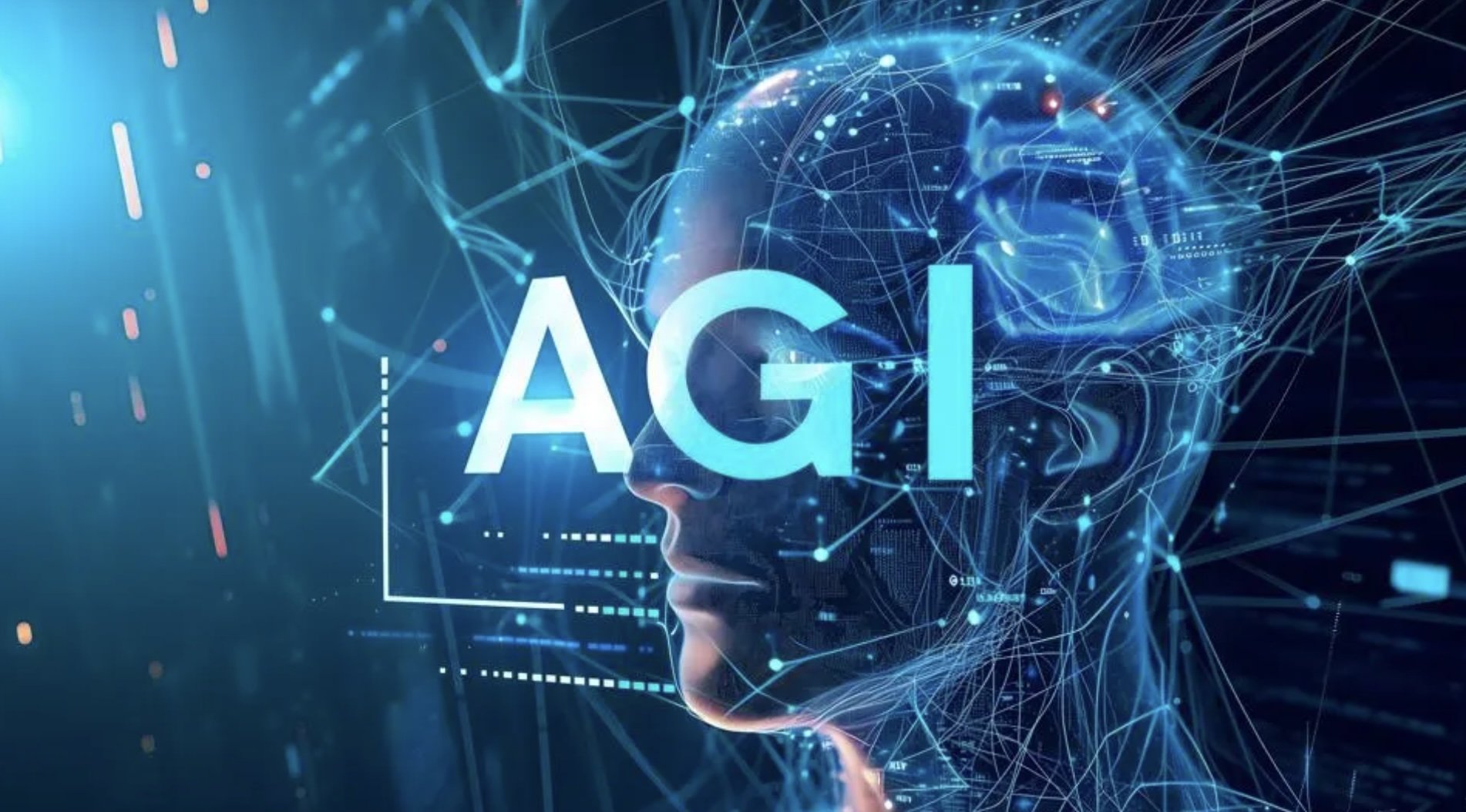
What’s Next for AI? You Might Not Want to Know. Meet AGI
Generative Artificial intelligence (GAI) is already reshaping the way we interact with computers, the way we teach, the way we write, the way we make music, and (for better or worse) the way students learn and complete assignments. GAI is what is known as narrow AI, or weak AI. Narrow AI is a type of artificial intelligence that can perform specific tasks when you prompt it. All of the current GPT-style AI programs are known as narrow AI because they require you to submit prompts - they don’t really think for themselves. They do your bidding. From smart practice tools like PracticeFirst and Sight Reading Factory to AI-powered composition assistants like Udio and Suno, today’s music educators are becoming increasingly familiar with how AI can support their students’ development. However, the AI we use in music education today is considered weak believe it or not — they are tools designed for specific tasks. But what about artificial general intelligence (AGI)? What is it, and how could it impact education and music education in the future?
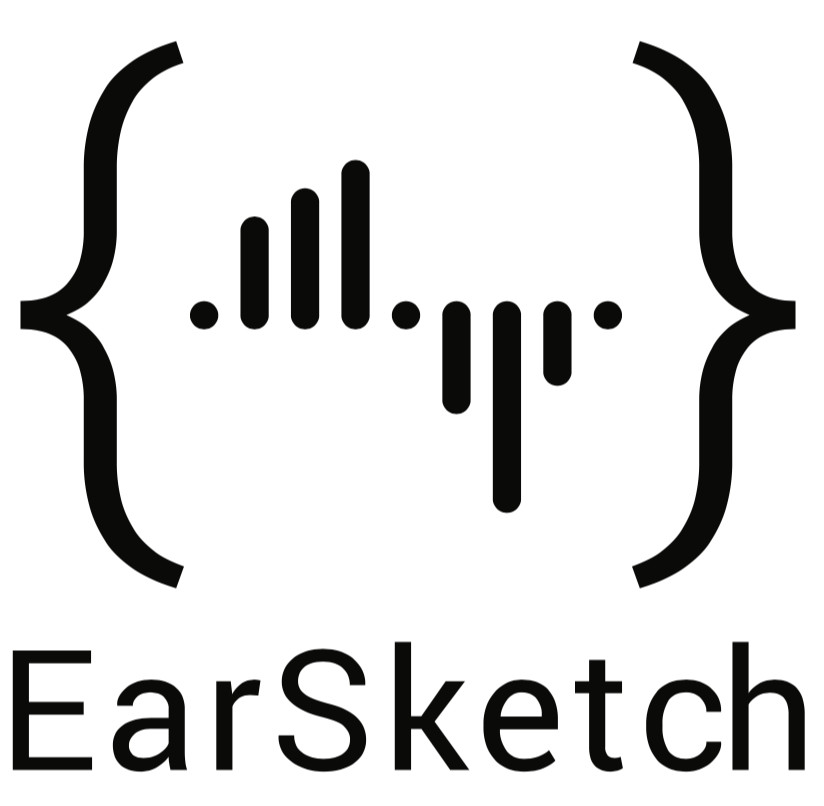
Exploring EarSketch: Teaching Music Through Coding
One of the highlights of my time at GMEA last week was meeting Jason Freeman who is the creator of an amazing program called EarSketch and a Professor at Georgia Tech. Music and technology have always evolved together, and today’s students have a powerful tool at their fingertips that combines both: EarSketch. Developed by Georgia Tech, EarSketch is a free, browser-based platform that teaches music composition and coding at the same time. It’s designed for students of all backgrounds, making it an exciting way to introduce young musicians to digital music production while also developing computational thinking skills. EarSketch allows students to create music by writing code in Python or JavaScript. Instead of manually dragging and dropping loops into a timeline, they use simple coding commands to arrange beats, melodies, and effects. The software provides a vast library of professional-quality loops spanning multiple genres, from hip-hop to EDM to classical. Students can call these loops with a single line of code, specify when they should play in the track, and even manipulate their pitch, volume, and effects through programming.

GMEA 2025 Recap
I was in Athens, Georgia this past week on behalf of MusicFirst. This is always one of my favorite shows of the year, due in large part to the Herculean efforts of Heath Jones - the Technology Chair for GMEA. This was the second year of Tech Town, and we were very proud to the the headline sponsor. This great event features several music technology companies in an open section of the exhibit hall where attendees can speak with representatives of those companies, including the very people who build those products. MusicFirst was well represented - including Marcel Pusey from OGenPlus, Joanna Mangona from MusicFirst Elementary, and Max Williams from YuStudio. I once again presented my session titled AI Is Coming - But Not For Your Job - one that always initiates some great conversations. GMEA also hosts one of my favorite events of the year - the Music Tech Student Showcase - organized by Heath Jones and assisted by an army of industry folks, teachers, parents and students. It features the digital creations of 18 middle and high school students, and I am always astounded by the level of talent that is on display. There must be something in the waters of Georgia! Here are some photos of my adventures in Athens. Enjoy!

When AI in Schools is on SNL
A dear friend of mine sent me a link to this recent clip from Saturday Night Live that featured Timothée Chalamet and Bowen Chang as AI chat bots being used in a high school English class, and it is really funny. The scene opens with a teacher asking a student to put their phone away and he claims that he is using his phone as a calculator. I am quite certain that is a very common excuse that students use when caught with their phones out in class. The skit then takes a turn to pressure from the school administration to increase test scores. The district has decided to implement an AI tool that converts study guides into podcasts (remember my post about Notebook LM???). The students are intrigued and the teacher says “Well the technology isn’t perfect, but they make it sound so casual that it doesn’t even feel like homework.” They then cut to Chalamet and Chang discussing American history. It is absolutely hysterical in my opinion. They both do a fantastic job of mimicking both the style of what NotebookLM creates, as well as the often bizarre scripts that early AI is often roasted for. What makes it even funnier is the misuse of teenage slag throughout and the vocal tone and pacing that these talented actors employ.
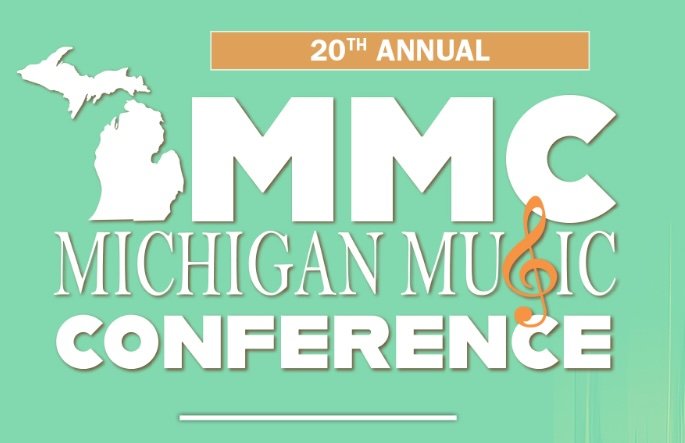
MMC 2025 Recap
Last week I had the pleasure of attending and presenting sessions on behalf of MusicFirst at the 2025 Michigan Music Conference in Grand Rapids, MI. I was joined by my colleagues Mike Olander and Joanna Mangona and we presented a total of 6 sessions. They were all very well attended and we interacted with lots of current and (hopefully) future customers. The sessions we presented focused on 3 major themes - our amazing new elementary music curriculum - MusicFirst Elementary; the use of technology with performance ensembles - focusing on our Performance Bundle which includes PracticeFirst, Sight Reading Factory, AuraliaFirst and MusitionFirst; as well as my very popular session on Generative AI in the music classroom. If you would like to sign up for a FREE 30-day trial to any of our platforms or software, just visit this link. I always enjoy attending MMC and have been doing so for the last 17 years. Special thanks to Ian Boynton for organizing another very successful event. Grand Rapids is a fun town to visit and I always find great things to do. I look forward to next year!. Here are some photos of my adventures in Grand Rapids. Enjoy!
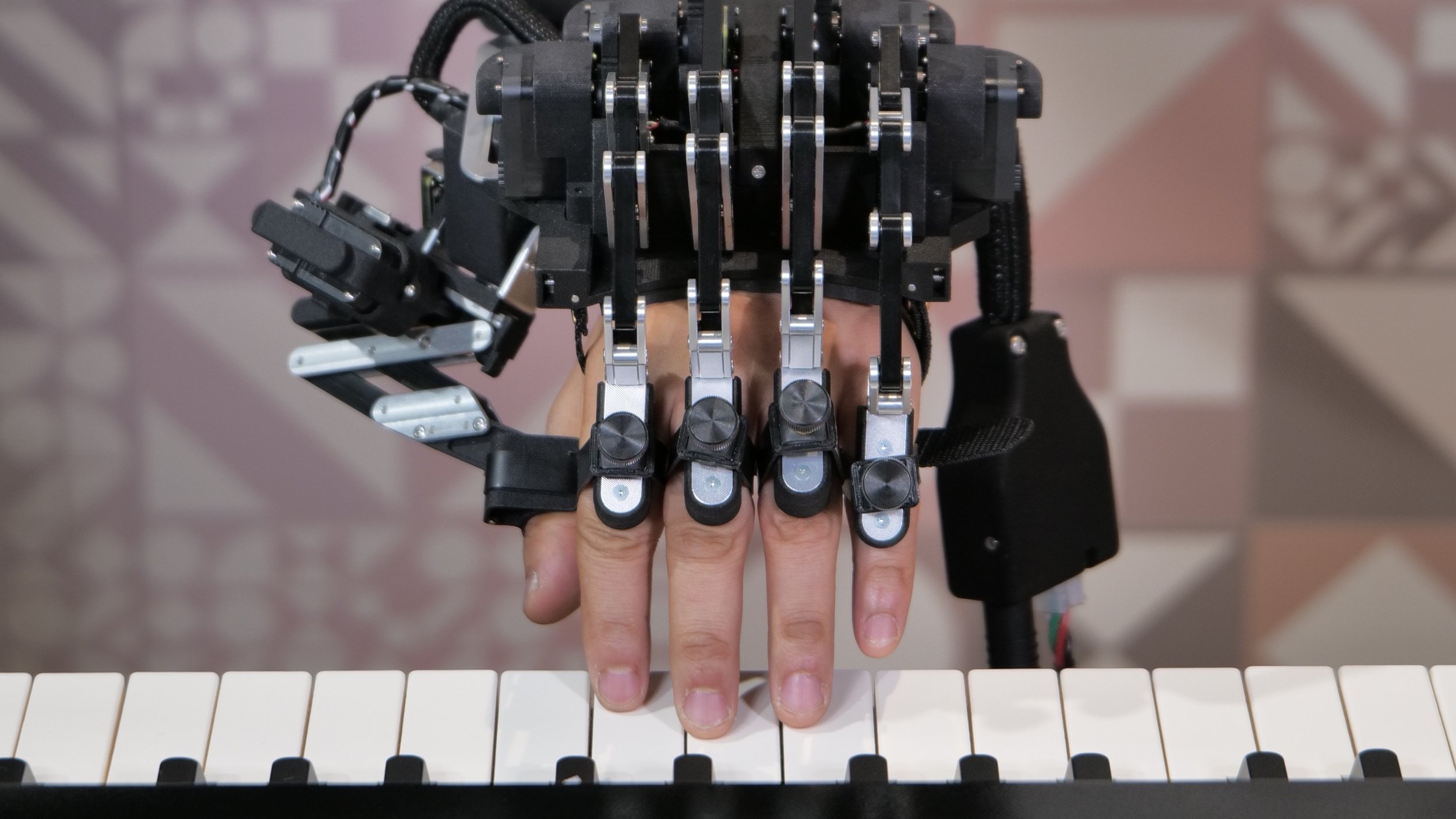
When Comedy Becomes Reality
On April 1, 2023, I created an elaborate April Fools Day joke called PlayGPT. The funny post was all about a fictitious software and hardware platform that I created that would allow AI to play students instruments for them using a software program that triggered PlayGloves and PlayFace and synced together using a PlayBaton. I spent an inordinate amount of time creating the graphics and post, and most people immediately realized that I was indeed joking - although I did get some really harsh comments as well. I use this funny idea to reinforce to teachers that companies like MusicFirst would never create something that would basically eliminate everything that is wonderful about music education - from the discipline of practicing to the role of a music educator in the process of learning a musical instrument. This morning I woke up to a post on a MusicFirst Teams channel from one of my employees in the UK with a link to an article about a Robotic Hand that helps pianists learn to play the piano. I thought it was a joke.. I was wrong.
Practicing Drum Sticking with Musition
If there was ever a group of students who have been traditionally overlooked by assessment technologies in a music program, it’s the drummers. One of the main reasons for this is that it is almost impossible to get accurate assessment results for non-pitched instruments. Our own performance assessment software, PracticeFirst is working diligently to try to make that happen but it is likely still in the future. That said, there are some wonderful activities in the MusicFirst suite of content and software that can engage your drummers and percussionists with meaningful assessment activities. One of my favorite is the Drum Sticking section of our award winning music theory software, Musition. This simple yet effective section not only teaches aspiring drummers how to read music and rudiments along with the correct sticking, but also assesses them in a very innovative and fun assessment interface. Here’s how to access this amazing content:
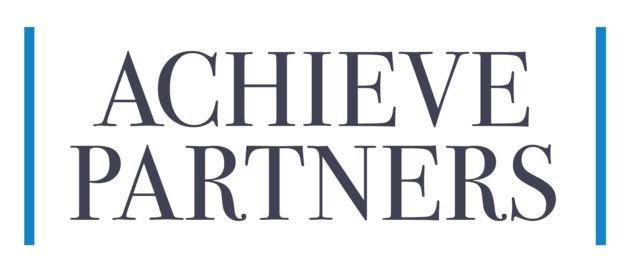
MusicFirst Acquired by Achieve Partners
I am absolutely thrilled to share that the company that I started back in 2012 has been acquired by an incredible group of investors who focus solely on the ed tech market - Achieve Partners. This is great news for us as well as our four sister companies that are coming along with us - Charanga, Rising Software, Focus On Sound, and O-Music. A HUGE thank you goes out to all of my team members - both past and present - who have helped me build this company from an idea to one of the most important brands in the music education technology market today. This acquisition means that our future growth is in very good hands, and we will be making investments to ensure that students and teachers will have access to the very best tools and content for many years to come. In addition to my team, I would like to send a huge thank you to Mr. Bob Wise, the heart and soul behind Wise Music and the person who believed in me and invested in my idea to build this company. I will always be thankful and grateful for his confidence in me and his commitment to making music education more meaningful and accessible through technology. Here is the press release that has just gone out today: